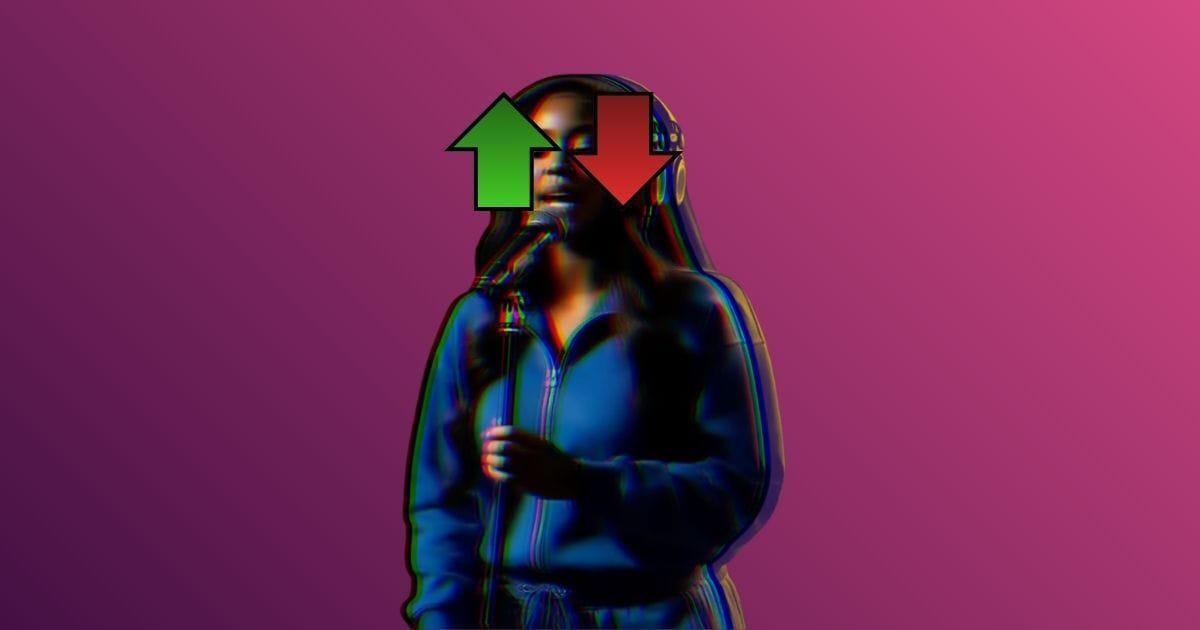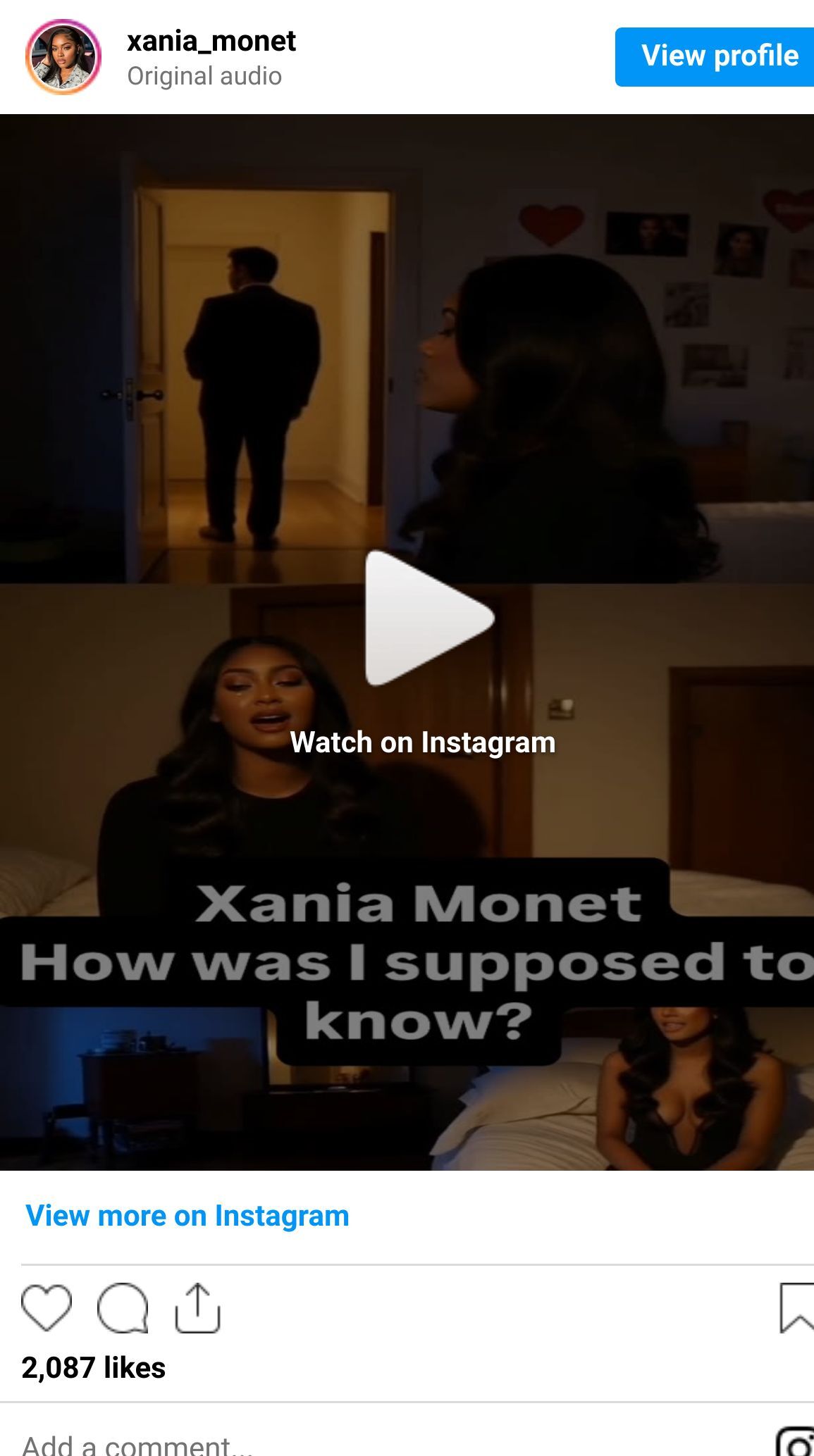Happy Thursday!
As a reader of this newsletter, you are supporting a young journalist who is passionate about culture and wants to continue working despite the turmoil in the media industry. If you’d like to support more talented, young, and marginalized journalists, I’d like to direct you to the GoFundMes for recently laid off journalists at Teen Vogue and VIBE Magazine. It is an extremely difficult time in media, but journalists of color and queer journalists have especially been hit hard this year.
Today’s newsletter includes AI art talk (again), the first Hinge match mayor of NYC, changes to The 1975’s 2022 album, and more. Subscribe to the Yapper tier to read the full newsletter.

The viral hit “How Was I Supposed to Know?,” sung by emerging “artist” Xania Monet, snagged a spot on Billboard’s Adult R&B Airplay chart earlier this week. If you haven’t heard of Monet before, that might be because she is an AI-generated singer who was created just this past summer.
Monet is the brainchild of Telisha “Nikki” Jones, a poet and entrepreneur who uses the service Suno to turn her writing into songs. Understandably, she has received a fair amount of criticism for using AI to create art, especially after Monet was signed to a $3 million recording contract with Hallwood Media. Among her critics were Kehlani, Chloe, and SZA, who all felt that AI should not be used in the creative industries.
Jones’ manager Romel Murphy told Billboard that “this is real music — it’s real R&B” and that “there’s an artist behind it.” Sure, Jones said she writes all the songs herself, but who helped bring this unreal artist to life? Whose voices were used to create the one behind Xania Monet?
Suno is one of the AI services being sued for copyright infringement by several major labels. Rival AI music company Udio just settled with Universal Music Group over a similar lawsuit, with one of the conditions being that it stop users from downloading songs they created on the platform. Udio and Suno are still locked in a legal battle with UMG, Warner, and Sony over unlicensed use of copyrighted songs. The jury is out on whether the Udio settlement will set a precedent, but the question remains: Who gets credit — and compensation — for helping create AI artists like Xania Monet?
Jones spoke to Gayle King on CBS Mornings to shed a little more light on the Xania Monet project and show that a real person was behind it. She also showed the host exactly how she uses Suno to generate songs. King pushed back on the idea that Monet is an extension of Jones, as the songwriter put it. “You can’t sing,” the journalist said outright, adding that she didn’t have to put in work to perfect this craft.
Jones doesn’t view what she does with Monet as a shortcut, although it undoubtedly is. How else can an artist come out of nowhere, find viral success, and sign a $3 million record deal in four short months? Companies will continue to find ways to cut corners exactly like this, soon without the help of an individual creative like Jones behind the singer. This signals a bad precedent for the music industry, one that will likely continue to receive resistance from established artists.
Upgrade your subscription to read the rest.
Become a paying subscriber of Yap Year to get access to this post and other subscriber-only content. You can start a 14-day free trial at the link below.
UpgradeA subscription gets you:
- Full access to the archive and the Thursday newsletter
- Commenting privileges



